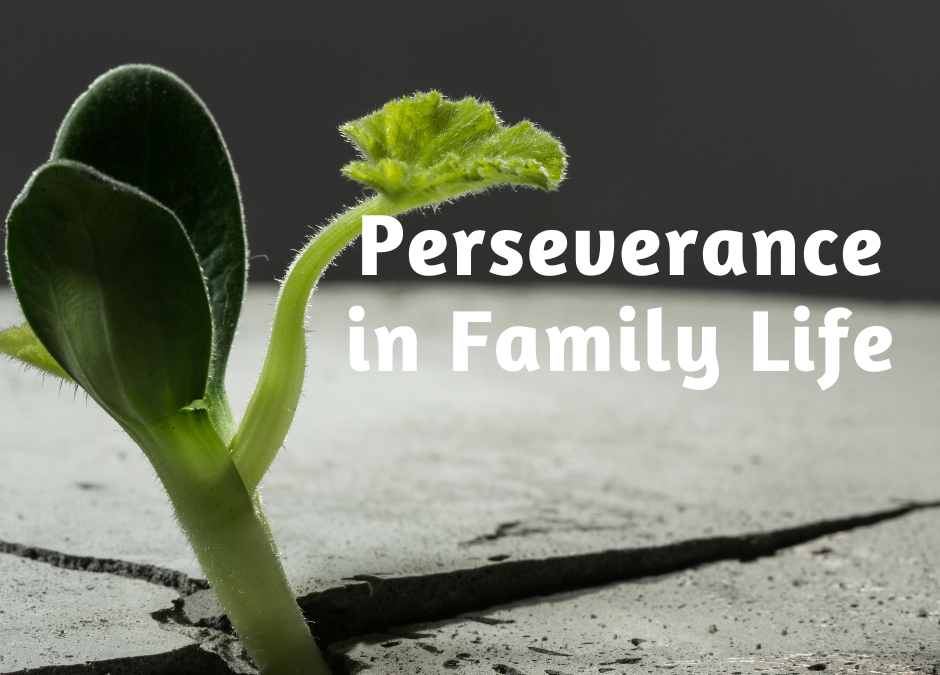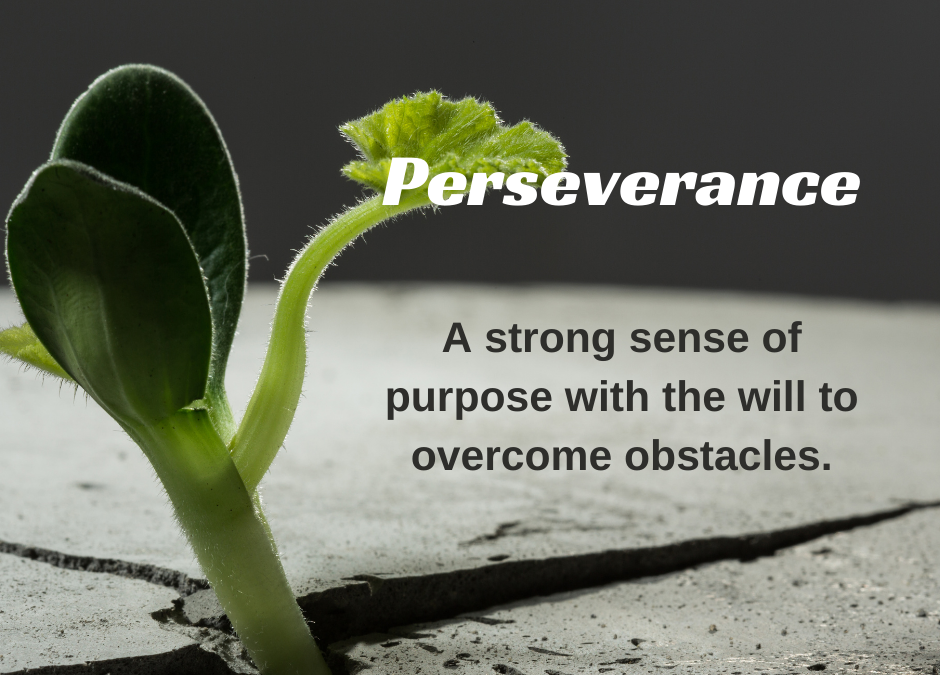
Cultivating Perseverance in Family Life
Some moments in any family’s life test our strength and resilience. Perseverance, the steadfast commitment to staying trustworthy and true despite challenges, is a virtue that can deeply enrich family bonds.
Here are a few ways we can nurture perseverance together:
1. Set Realistic Goals: Encourage your families to set challenging yet achievable goals. By celebrating small victories, we teach your children the value of persistence.
2. Build Resilience: Equip your family with resilience-building skills like problem-solving and effective communication. These tools empower us to face difficulties head-on and emerge stronger together.
3. Open Communication: Create a safe space where everyone can share their thoughts and feelings openly. Honest dialogue fosters understanding and strengthens your connections, helping you navigate challenging times with grace.
4. Lead by Example: As parents, you play a crucial role in modeling perseverance. Let’s share stories of overcoming obstacles and demonstrate the power of determination in your daily actions.
5. Celebrate Effort: Emphasize the importance of effort and persistence over perfection. By celebrating each other’s hard work and dedication, you cultivate a culture of support and encouragement within your family.
Embrace the journey of perseverance in your family life. Through your shared commitment and unwavering support, we can navigate challenges with resilience and deepen the bonds of love and trust.
Joe is a husband, father, grandfather, author, speaker, educator, course creator, and parent/family coach.
He helps parents develop unity, find clarity, communicate, and develop consistency in their parenting with the Four C’s of Successful Families. You can find his work on social media.
In addition, the Four C’s newsletter is enjoyed by many as it encourages parents to self-care, build their relationships with their partners, and raise their children.
And he loves to golf!



